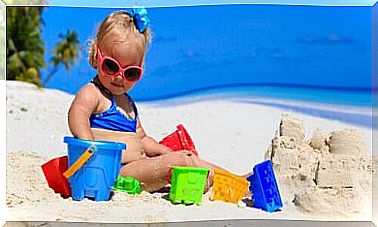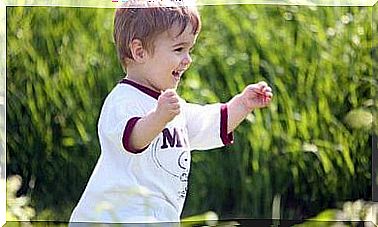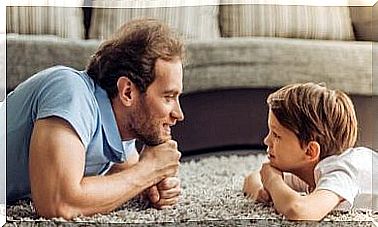How To Learn Math Skills?
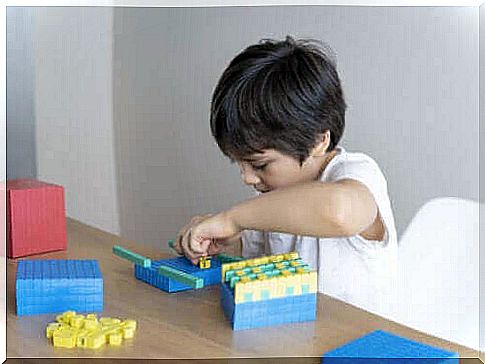
A young child develops his or her math skills by studying his or her environment. By the time he officially begins to study mathematics in the first grade of school, a good foundation for learning mathematical skills has already been created. Today we talk about how to learn math skills and how play can be utilized to learn those skills.
What is early learned mathematics?
Early-learned mathematics refers to mathematical concepts and skills that develop during a child’s first years of life. These skills are also known as pre-mathematical or early arithmetic skills. It is important that the child learns and develops his or her early math skills before being introduced to more advanced mathematical concepts.
The first thing that comes to mind when learning math skills is numbers and their identification, as well as addition and subtraction. However, these are all more advanced early math skills that a child should not be rushed into teaching.
How do you learn math skills?
Any mathematical concept is learned in three stages, which are the concrete, the pictorial and the abstract.
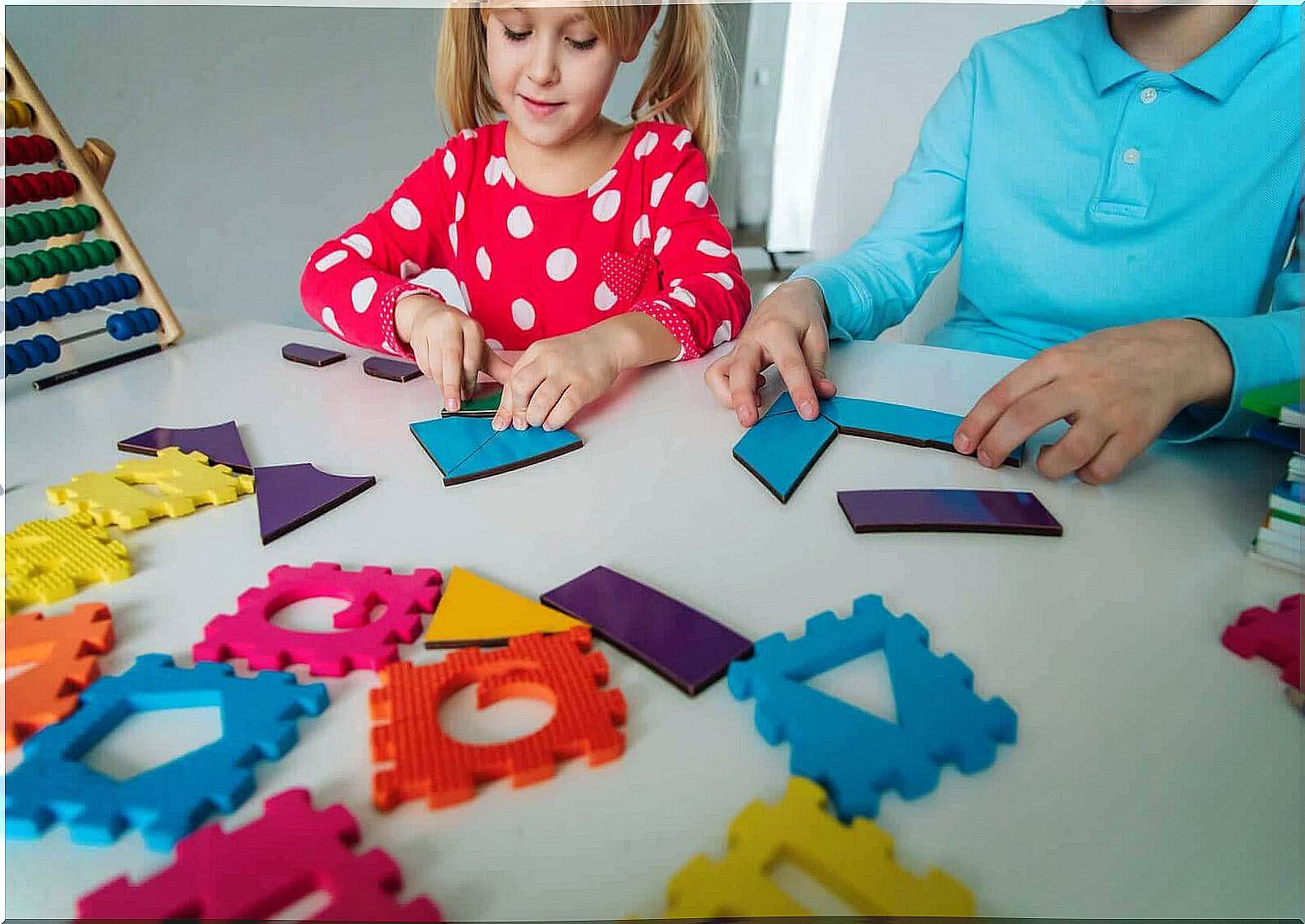
Concrete stage
At the concrete stage, the child must experience the mathematical concept physically. For example, holding a building block in his hand develops his understanding of the mathematical element. By playing with concrete objects, the child develops the notion that there may be one object or more objects or fewer or more objects.
As a child builds a tower from blocks, many mathematical processes begin. The child can learn, among other things, the following types of concepts: more, less, one more, not enough, how many, many, take away and add. The child compares objects and learns that they are assigned a value.
Pictorial stage
In the pictorial step following the concrete step, the child sees the image of the object and understands that it represents the real object. For example, he might look at a drawing of four magazines and understand that it depicts four real magazines. Later, the child may look at a dice with four dots denoting a value of 4. He understands that these dots can hypothetically depict any objects. A child can add four dice to three dice in another dice and state that they see a total of seven points.
Abstract phase
The abstract step is the last step in understanding mathematical concepts. At this point, the child can, for example, view the invoice written in 3 + 4 numeric symbols and perform the summation without needing concrete objects or pictures. The child is already mature enough to understand that symbols 3 and 4 describe sets of objects that are added to each other.
At what stage of mathematical development is the preschooler?
The preschooler lives mainly in a concrete phase. Before the third grade, every good teacher should teach students mathematical concepts in a concrete way before moving on to using books and assignment papers in problem solving.
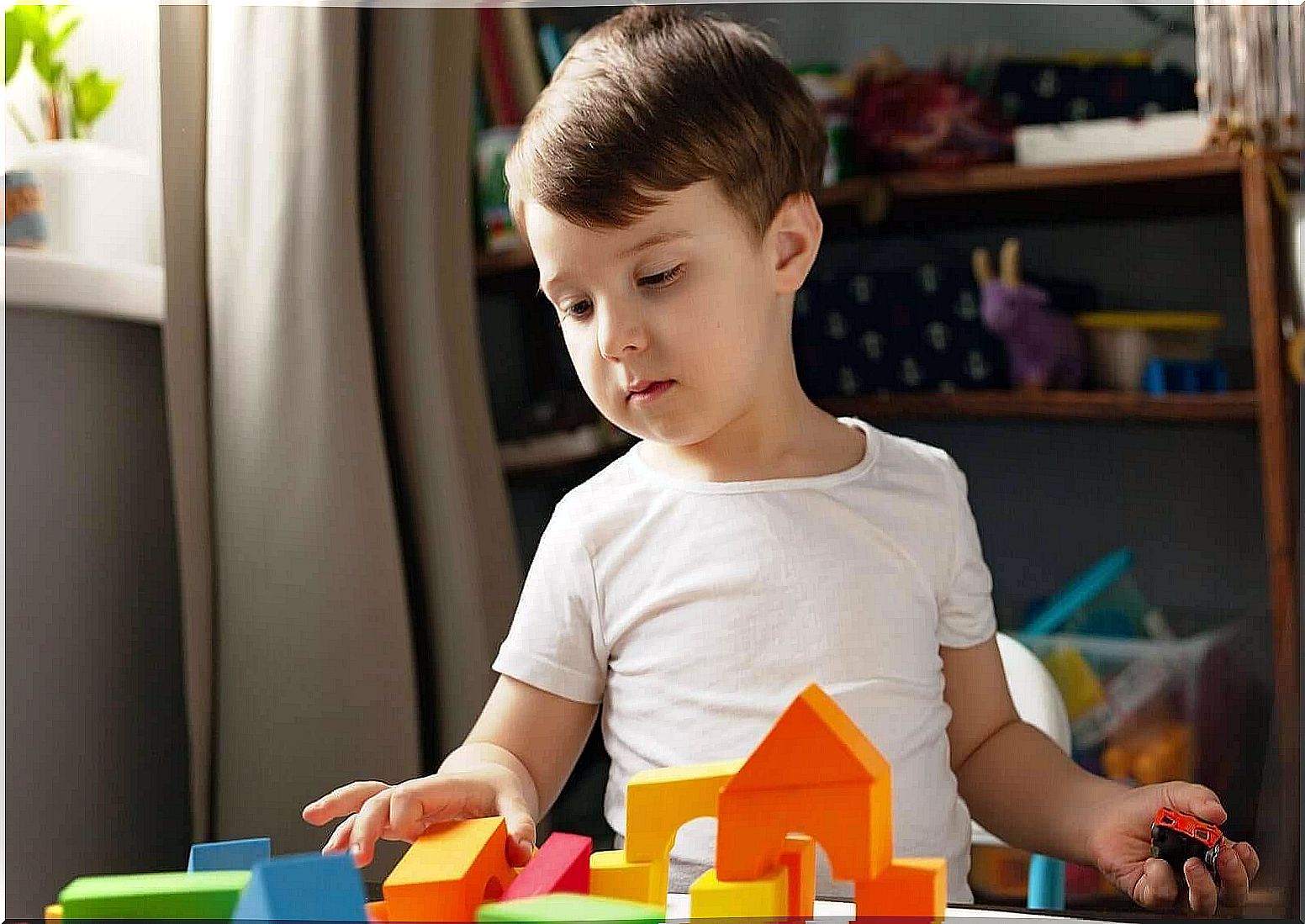
When a child understands the concept concretely, it is easier for him or her to solve abstract problems. Pressing a preschooler to understand the values of numeric symbols, for example, is premature and only causes frustration. The child can be taught numbers by, for example, children’s rhymes or by playing with wooden number blocks, but he cannot be expected to understand the values of numbers yet.
Learning math skills through play
The best way to teach math skills to a preschooler is through play, namely, through play, a child this age learns virtually anything. Thus, a young child does not need or should teach math through books or arithmetic. He doesn’t need anything yet that resembles real study. When he learns enough, so to speak, informally through play, formal learning takes place more easily when he is ready for it.
If a child is pressured to learn more complex mathematical skills instead of learning simpler skills, he or she will later suffer from a lack of these basic skills at school. It is a good idea to adapt the game to your child’s abilities and preferences, but for example, the following games and activities are good for teaching your child simple math skills:
- Playing with shapes
- Playing with blocks
- Building puzzles
- Learning songs
- Playing games that require counting
- Formatting numbers from modeling wax
